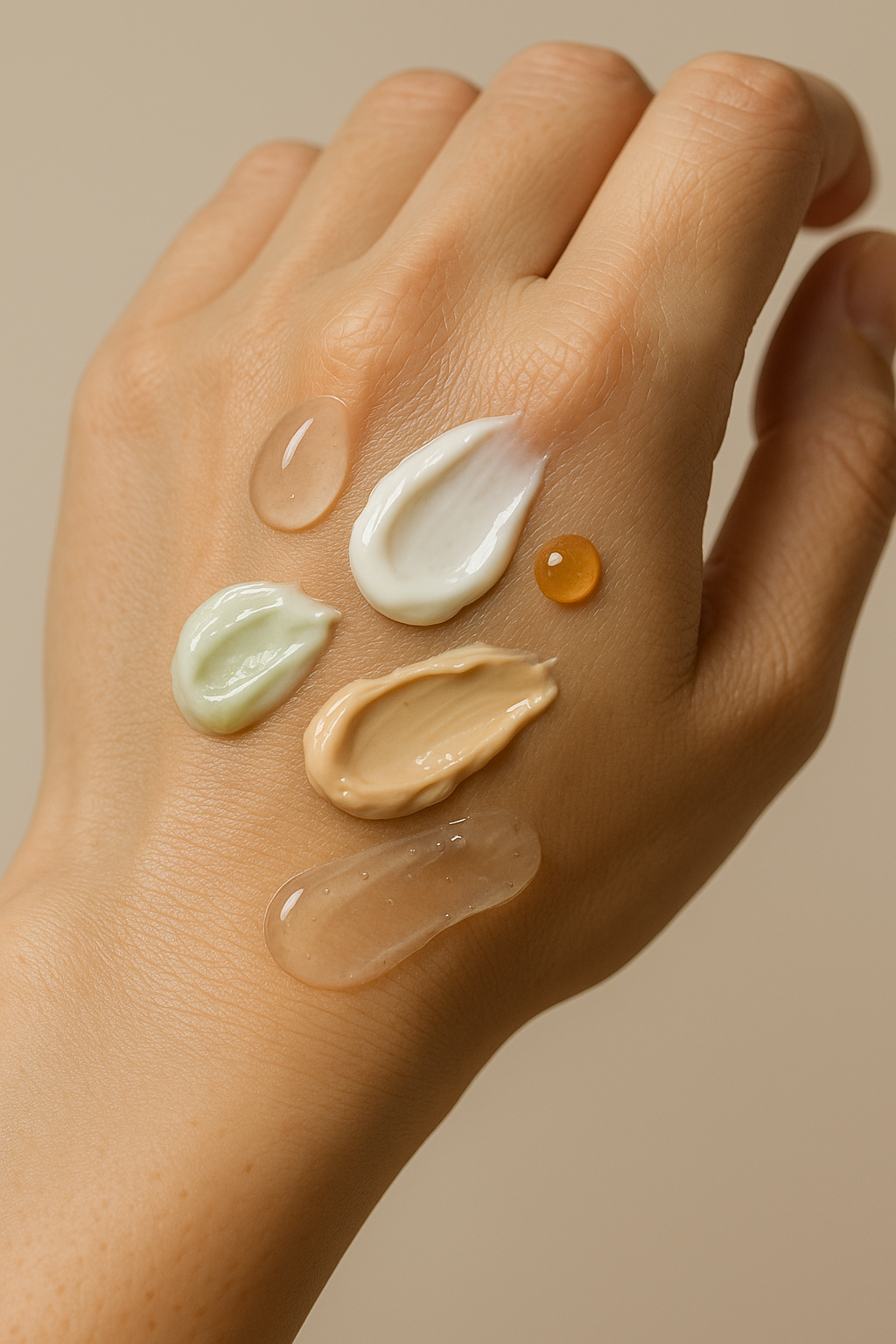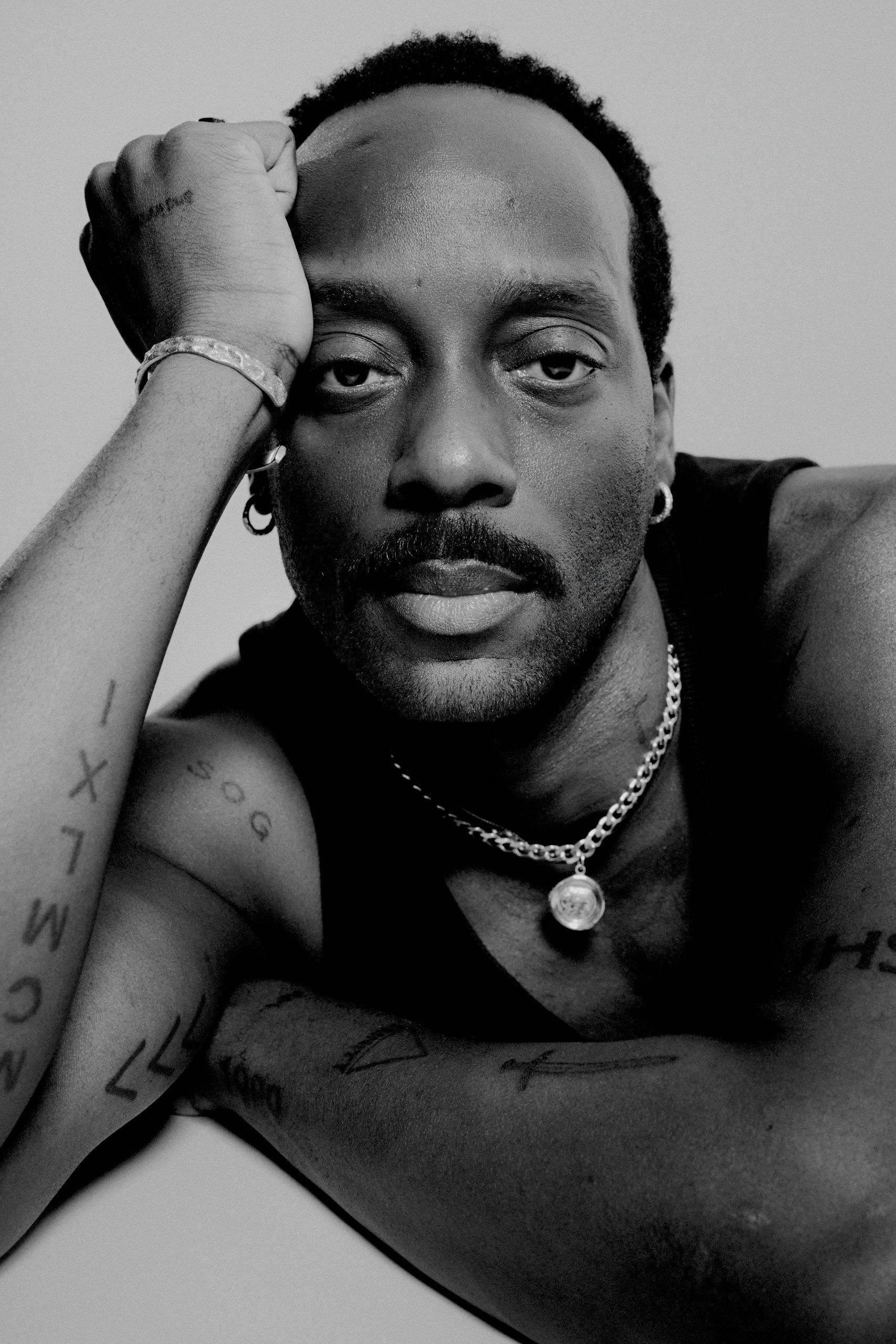
The producer doesn’t speak to fill space. She waits, watches, and pays attention to what’s happening beneath the obvious. The stories she helps bring to life don’t follow familiar patterns, but they always feel grounded.
On set, Julia Corcoran looks for the heartbeat.
It might be a pause between lines, the sound of a pencil on a last-minute note, or the stillness before a scene begins. She notices what most people miss, and that shapes how she works.
“It’s never just about the shot list,” Corcoran says. “It’s about what’s alive in the room.”
That way of paying attention connects every part of her career. From studying music as a teenager in Wollongong to working behind the scenes at Jungle Entertainment, from producing Australian series to building a life in Los Angeles, her choices have followed a quiet logic. This is how she built her process and how she keeps moving forward.
The Scenic Route to a Calling
Corcoran grew up in Wollongong. In her teens, she trained in music and earned her AmusA in flute at age sixteen. She initially imagined a future in events and artist management and was drawn to the idea of one day running her own music festival.
But while working in that space, she found herself wanting more creative involvement.
“I loved being around creative people, but I wanted to be part of the making,” she says.
While studying Communications in Media Arts and Production at the University of Technology, Sydney, she began working on short film assignments. That’s where things shifted. The experience of being on set and building scenes collaboratively led her toward film.
After graduating with honors in 2015, Julia joined Jungle Entertainment, a production company based in Sydney. There, she worked across departments and learned how the script came together, how the project was prepped, shot, and finished in post.
Between 2014 and 2018, she contributed to various Jungle Entertainment productions and later began freelancing. Her credits during that time include roles as digital producer on Top End Wedding (2019), a producer attachment on Judy & Punch (2019), and associate or assistant producer respectively on all three seasons of Mr Inbetween (2018–2021) for FX. She also produced the Stan Original Dom and Adrian 2020, which became a finalist for an AACTA Award.
Each of these roles offered her different forms of mentorship and hands-on experience. They helped shape how she views collaboration, tone, and the types of stories she wants to pursue.
Stories That Refuse to Conform

In 2020, Corcoran launched her own production company, Ripple Pictures, to support the kinds of stories that don’t rely on familiar character types or expected arcs. Her aim is to back narrative work that is both entertaining and emotionally layered.
“I’m drawn to people who don’t behave the way we expect,” she says. “Characters who aren’t perfect, who might feel unresolved, messy and … real.”
That idea is visible in Dom and Adrian 2020, which used satire to explore the fragility of identity and relevance. Beneath the humor was something grounded. The project reflected the kind of tonal mix Corcoran looks for: work that entertains without ignoring emotional depth.
Ripple Pictures gives her a space to keep pursuing that direction, one that values creative risk over familiarity.
Mentorship and Turning Points
Producer Michele Bennett has been a steady presence in Corcoran’s journey. Known for Chopper, Mr Inbetween and Judy & Punch, Bennett first brought Corcoran onto her projects in supporting roles, offering a front-row seat to high-level creative decision-making. Now, she’s executive producing Corcoran’s debut feature, Colossus.
“She’s opened doors for me more than once,” Corcoran says. “But more than that, she’s backed my judgment and helped me trust my instincts. That kind of support is rare.”
In 2021, Corcoran was also named one of Screen Producers Australia’s Ones to Watch, receiving additional mentorship from Liz Watts (Animal Kingdom, The King), who reinforced the value of protecting what feels specific, even if it doesn’t package neatly.
The following year, Corcoran received the Screen Australia–AAA–Onbass scholarship to study Producing at the American Film Institute in Los Angeles. Across two years, she produced six short films, line-produced five more, and wrote both a short and a feature script.
“It gave me the structure to test different ways of working,” she says. “And helped me get comfortable leading inside unfamiliar systems.”
Colossus: A Feature in Development

In early 2025, Corcoran was named a Producing Rising Talent by Inside Film magazine. Around the same time, she began development on Colossus, a feature film written and directed by David Robinson-Smith, with Michele Bennett (Chopper) attached as executive producer.
The project received development funding from Screen Australia in April for a second script draft and is currently moving toward financing. It will be Corcoran’s first feature under Ripple Pictures.
Colossus explores themes of legacy, grief, and power, focusing on how a daughter deals with assault allegations against her late father. The film builds unease through psychological tension and surreal undertones, drawing inspiration from Hereditary and The Hunt.
“It’s the kind of project that makes you pay attention to the detail,” Corcoran says. “It’s not designed for easy takeaways.”
For her, the value of the work lies in its ability to hold space for discomfort, rather than rushing to resolve it.
Process, People, and Creative Timing
Corcoran’s approach to producing remains grounded in collaboration. She sees the production office as a shared space where ideas take shape across departments. For her, the goal is to create an environment where ideas can come from anywhere.
“You never know where the right idea will come from,” she says. “You just need to leave space for it to show up.”
This mindset has served her well in Los Angeles. The industry may be larger and faster, but the fundamentals are familiar. Clear communication, strong working relationships, and a steady hand remain essential.
“You’re overseeing the production on the ground, but you’re also protecting tone and story,” she says. “You can’t do that alone.”
Where the Focus Is Now
Corcoran plans to continue developing projects through Ripple Pictures, including work that draws from both Australian and international voices. She’s focused on character-first stories, whether scripted for film or television, and is open to co-production models that support this approach.
“I want to keep making things that feel grounded and specific,” she says. “The kind of stories that stay with you, not because they’re big, but because they’re honest.”
She’s not chasing trends. Her choices reflect long-term thinking and a preference for stories that take their time. Whether through a debut feature or future collaborations, her work reflects a consistent priority: to support stories that feel lived in, even when they’re hard to define.
About the Author
Lena Hartley is a writer and former creative producer based between London and Los Angeles. After a decade working behind the scenes on independent films and development slates, she now covers people who shape the screen in quieter ways, like producers, editors, first ADs, and others whose fingerprints are on the work, not the billboard. Her writing focuses on process, tone, and the long view of creative careers.



